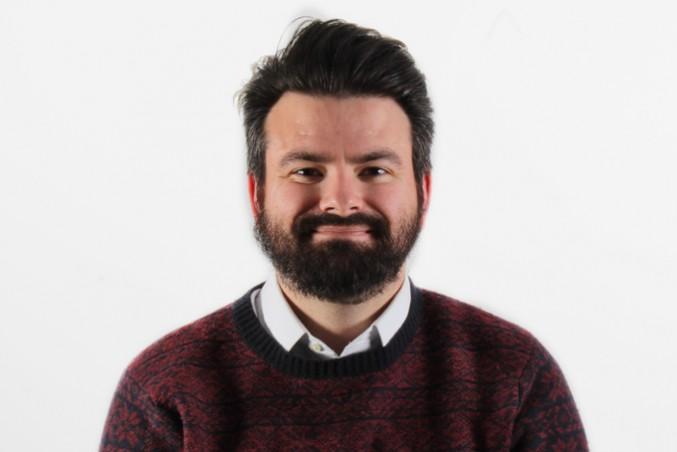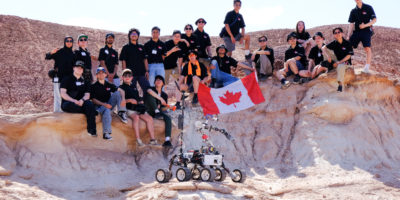By Igor Magun
Gaming and a PhD may not seem like they go together, but Ryerson student Daniel Joseph is looking to combine the two in a dissertation focused on Steam, the video game marketplace.
The dissertation focuses on the effects of video gaming more commonly becoming a full-time career.
“I’ve always been fascinated by games, and I’ve always been really interested in writing about them,” Joseph said. “There’s a lot of things that interest me about media, generally … but games seemed like a good place to start my career and see where it takes me.”
Joseph is a graduate communication and culture student in a joint program between Ryerson and York University. He is currently in his fifth year of the PhD program and expects to complete his dissertation, which should be about 200 to 250 pages, in a year. The work centres around how Steam mediates the collapse of work and play.
“Basically, the worry is that as a society, we might lose … what makes games fun in the first place if we reduce them all to work,” Joseph said. The rise of careers on the game streaming service Twitch and gaming on YouTube are two examples of this, where people end up playing games to earn a living.
Though Steam is the focus of his dissertation, Joseph mentions other examples of work and play merging, such as the gamification of the workplace crafted by psychologists to encourage productivity. The concern is that merging work life with play could bring more anxiety into our lives by forcing us to remain competitive and concerned about our paycheques, even while we play.
“I’m not saying this is only going to be bad,” Joseph said. “But I do caution against this increasing tendency, because I feel like we’re only going to see more and more anxiety … if we let that kind of world of the marketplace seep into the spaces apart that we used to maintain very distinctly for ourselves as people.”
While completing his PhD, Joseph has been teaching research methods at the University of Toronto Mississauga. He says it’s been beneficial to his own dissertation research. “Teaching something is the best way to learn it,” Joseph said. “My teaching philosophy isn’t that I’m some kind of fountain of knowledge and I just bequeath it on everyone else … for me, teaching is a collaborative enterprise with the students.”
Prior to his PhD, Joseph completed a master’s degree in the same program at Ryerson. His thesis was about independent video game development in Toronto and its relationship with Canadian cultural policy. He explored what kind of governmental support exists for Canadian game development, through programs such as the Ontario Media Development Corporation.
Joseph’s motivation for writing these works goes back to his childhood. He wanted to write for video game magazines growing up, but then he started to listen to podcasts by people in the industry. “I would listen to the people working at these magazines, and nothing about their jobs sounded fun,” he said. “You realize that … their job is to play video games some of the time, and the rest of the time they’re just producing content to feed the beast.”
Joseph has, however, written a couple of articles for Motherboard this year. He wrote about the card game Android: Netrunner, and his experience competing in the Netrunner World Championships. He has also written about labour in the video game modification community for Jacobin Magazine.
“Academia seemed like a way to be able to write and talk about games, and … seriously discuss them in a way that I think they deserve,” Joseph said. “It’s a piece of culture that, as a society, we don’t quite understand very well.”













Leave a Reply